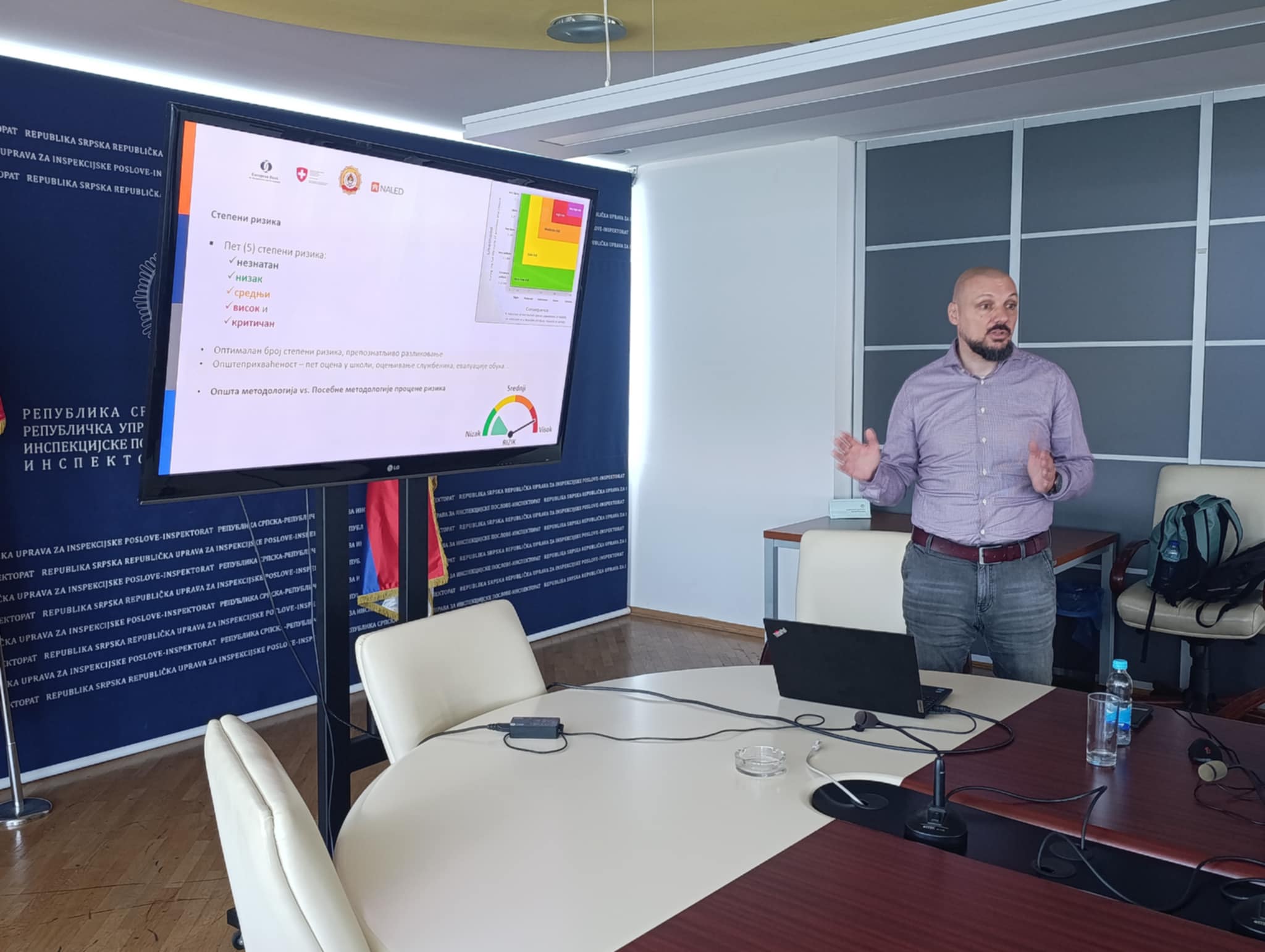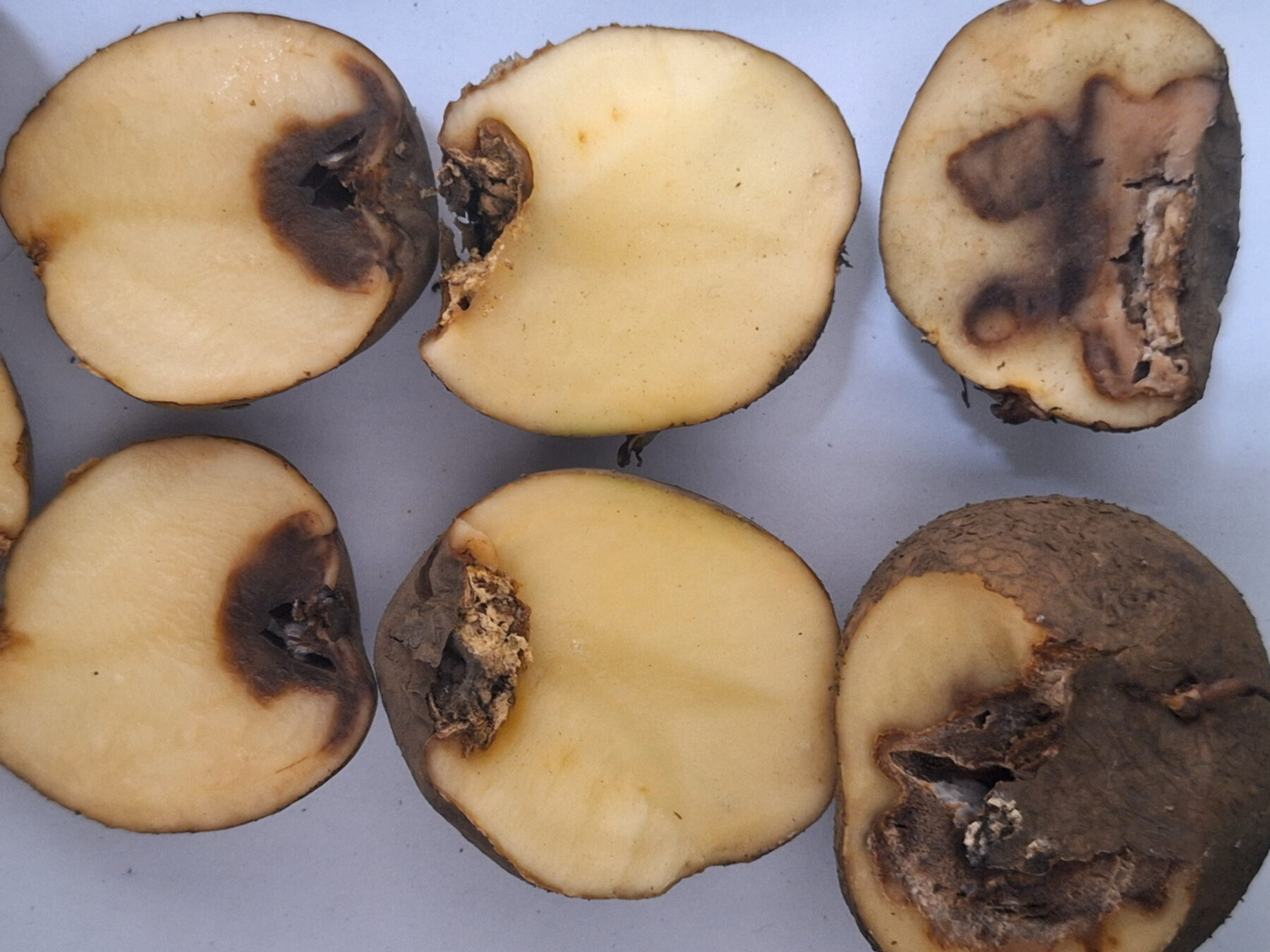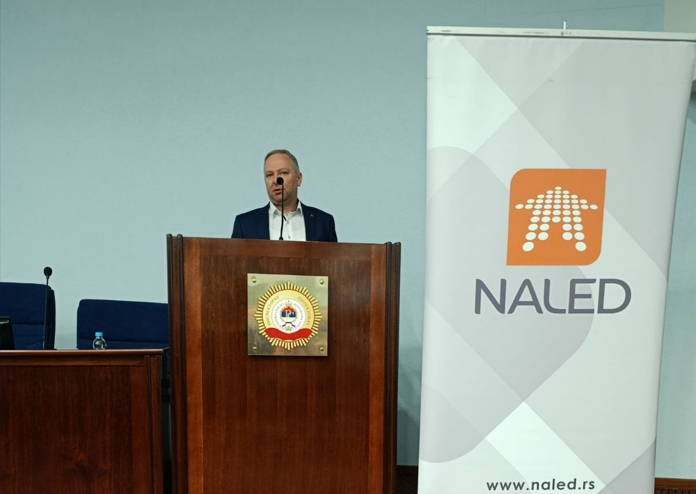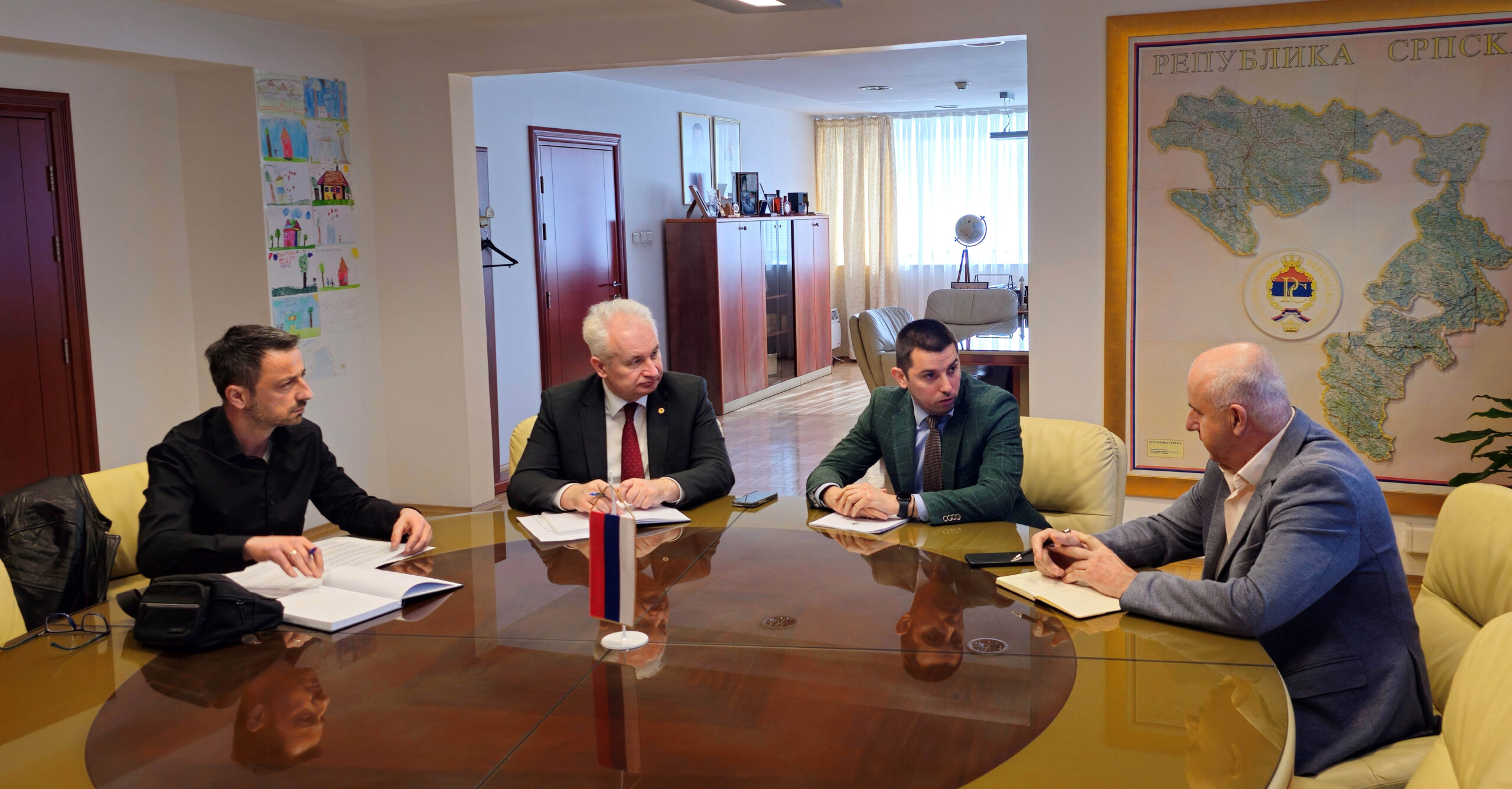To prevent the recurrence of African swine fever and illegal transportation and slaughter of animals, the Republic’s veterinary inspection, in cooperation with municipal/city veterinary inspection, is conducting increased controls on the marking and movement of domestic animals, as well as the trade of meat for public consumption.
In the past two weeks, an action has been carried out in parts of the Republic of Srpska where, given the previous epizootic situation, there is a higher risk of illegal trade of pigs and pork. So far, 38 facilities have been inspected, with irregularities found in 25 cases. Administrative measures were imposed to rectify identified omissions, as well as fines totaling 7,000 KM. In the upcoming period, increased controls will continue across the entire territory of the Republic of Srpska.
The primary purpose of these increased inspections is to curb the spread of infectious animal diseases, many of which are zoonotic, meaning they can be transmitted to humans. Such diseases pose significant risks to livestock farming and the food industry, as well as serious threats to human health.
In accordance with this, the only appropriate way to control infectious animal diseases is through regulated movement and transportation of animals and trade of animal-based products following regulations and under the supervision of relevant authorities.
All animals on domestic farms must be marked, and measures prescribed by the Ministry of Agriculture, Forestry, and Water Management of the Republic of Srpska regarding their health status must be implemented.
Only marked animals with a health certificate proving they are healthy originate from areas free of infectious diseases, and have been approved for animal transport, can be traded.
Regarding meat and animal-based products sold in butcher shops, hospitality establishments, and other public consumption outlets, they can only come from approved slaughterhouses and meat processing facilities under the supervision of veterinary inspection. Meat and products must be inspected by an authorized veterinarian and marked with the veterinary inspection stamp, which represents the control number of the slaughterhouse or meat processing facility.
We also urge citizens who raise pigs for their own needs to adhere to preventive measures prescribed by the relevant ministry during rearing and slaughter to prevent the spread of disease, especially in areas previously identified as at risk. These measures are not complicated to implement and require a minimum of personal responsibility for the common good.











